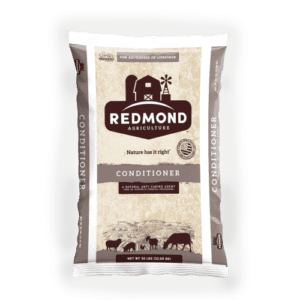Agriculture
Humates, Soil Conditioners, Dust Control, and More
Desert Mountain Corporation assists the agriculture world in the key areas of soil nutrition, soil conditioning, dust control, road stabilization, and soil stabilization.

Humates
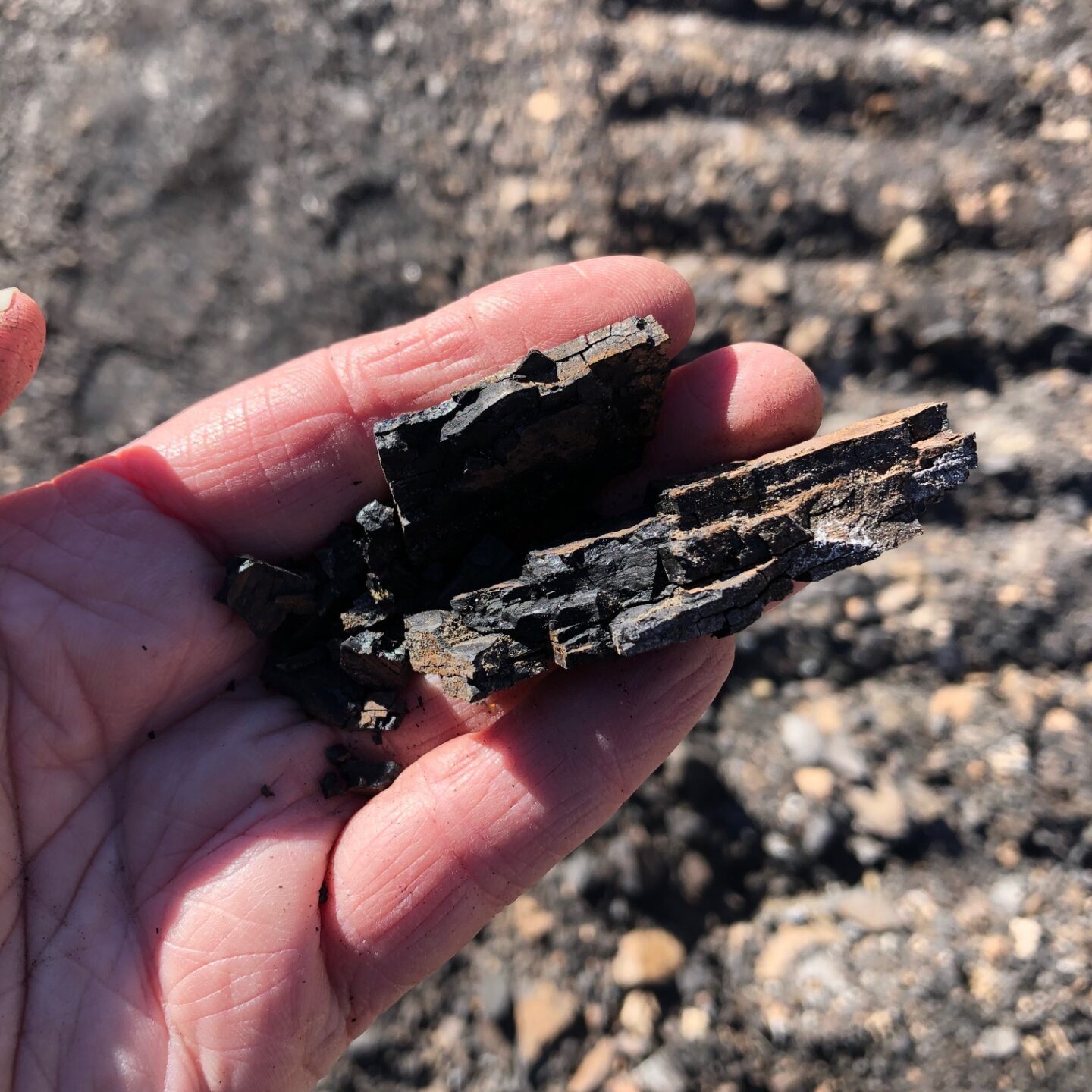
Industry Leading Humates
Humates from Desert Mountain Corporation are from industry leading manufacturers with decades of experience. The agricultural products we offer are based on science. Our team has the experience to help us understand the needs of growers.
100% natural humates consistently help solve problems of drought, soil overuse, and weak root structure. Growers using our products experience more productive crops thanks to greater stress tolerance and improved nutrient uptake.
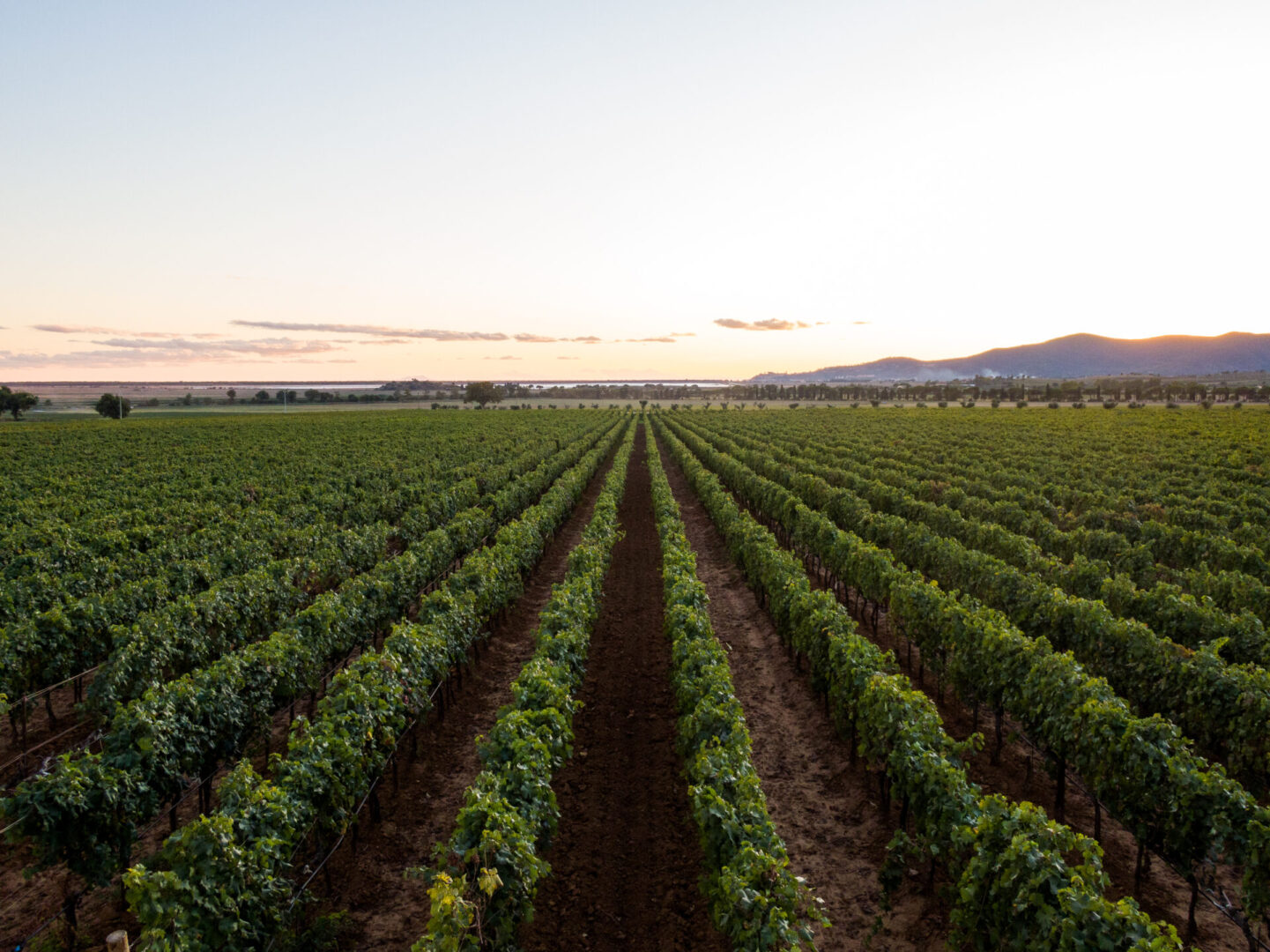
Increase Crop Quality
Humate products offered by Desert Mountain are nature’s brilliant blend of organic matter, humic and fulvic acids, minerals, and much more. They’re used extensively to increase crop quality and production and to improve and replenish depleted soils. Field trials prove that plants develop much stronger root systems, including dramatically increased root length, density, radius, and mass.

Genuine New Mexico Humates
The economic benefits of the Desert Mountain line of genuine New Mexico humates are clear in trial after trial. There is no better way to enhance the economics of farming than to build soil humus and enhance natural microbial activity that can be sustained over a long, productive soil life.
Feed and Soil Conditioner
Calcium Lignin
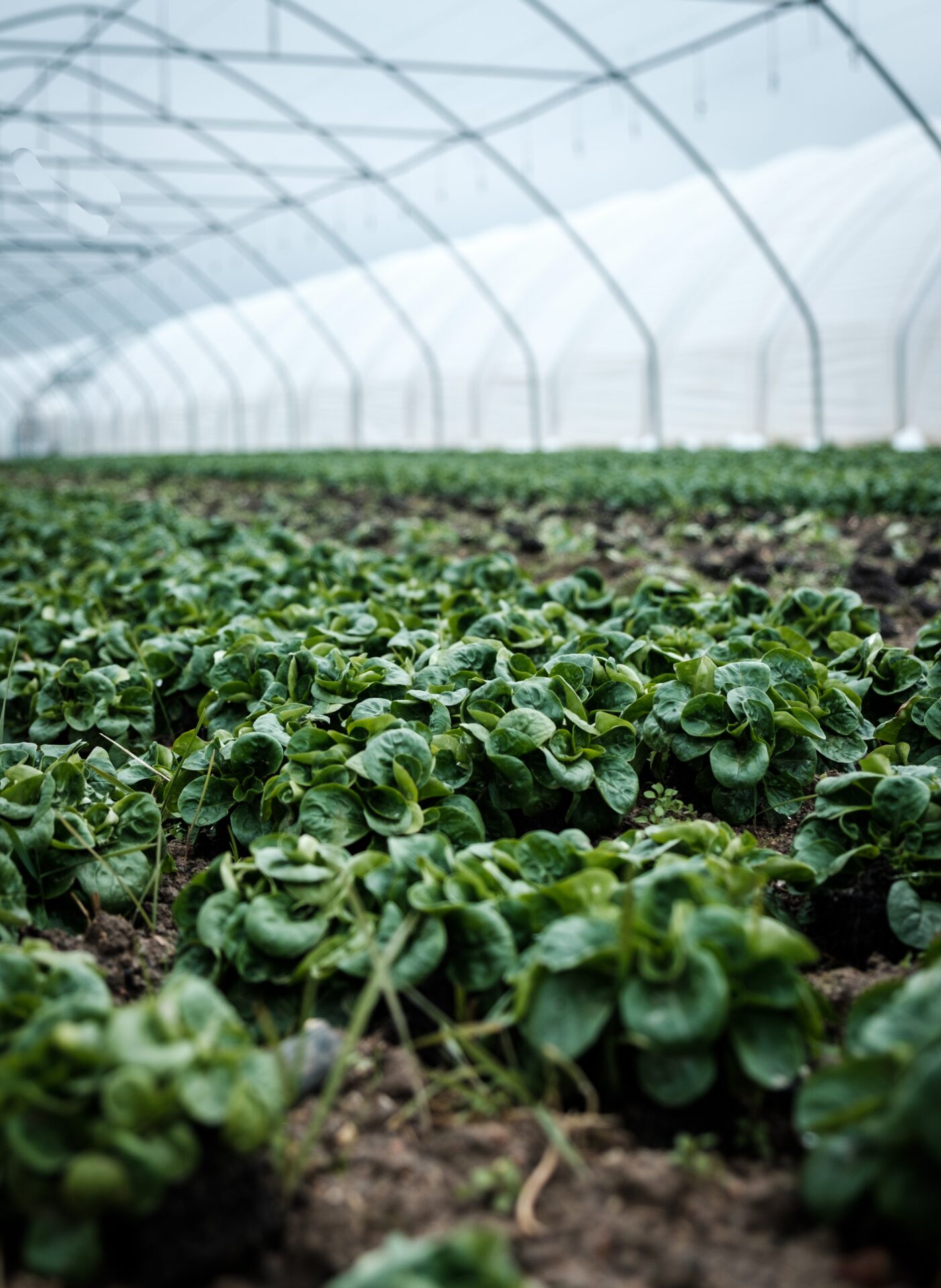
Amend Soil Acidification
Calcium Lignin is used to amend soil acidification, which is a problem that threatens global food security and agricultural sustainability. It can reduce soil salinity and sodicity (high sodium levels in soil). It enhances water penetration and nutrient availability.
Benefits include:
- Reduced salinity in the root area
- Soluble source of calcium
- Higher soil permeability
- Reduced surface evaporation
- Approved for organic farming – OMRI certified
It can be purchased in 275 gallon IBC Containers or 4,500 gallon truckloads. Application can be via standard irrigation systems like drip irrigation, sprinklers, or flooding systems.
Dust Control in Agriculture

Causes of Fugitive Dust
Blowing dust is a major problem in agriculture – especially farms near recent residential developments. Problematic fugitive dust can be caused by:
- Plowing: Normal plowing operations can create blowing dust that may be of concern to neighbors.
- High Winds: High winds can blow untreated farm roads, fallow fields, and stockpiles of dirt everywhere. This can cause an issue for small farmers and corporate farms alike.
- Drought/Dry Conditions: Drought and dry conditions can make tilled and unsecured soil more vulnerable to wind and water erosion.
Blowing agricultural dust can be annoying, but it can also be a health hazard for surrounding housing developments, schools, or industrial areas. Fugitive dust can aggravate asthma sufferers and cause other respiratory problems. It has been known to irritate eyes, noses, and throats.
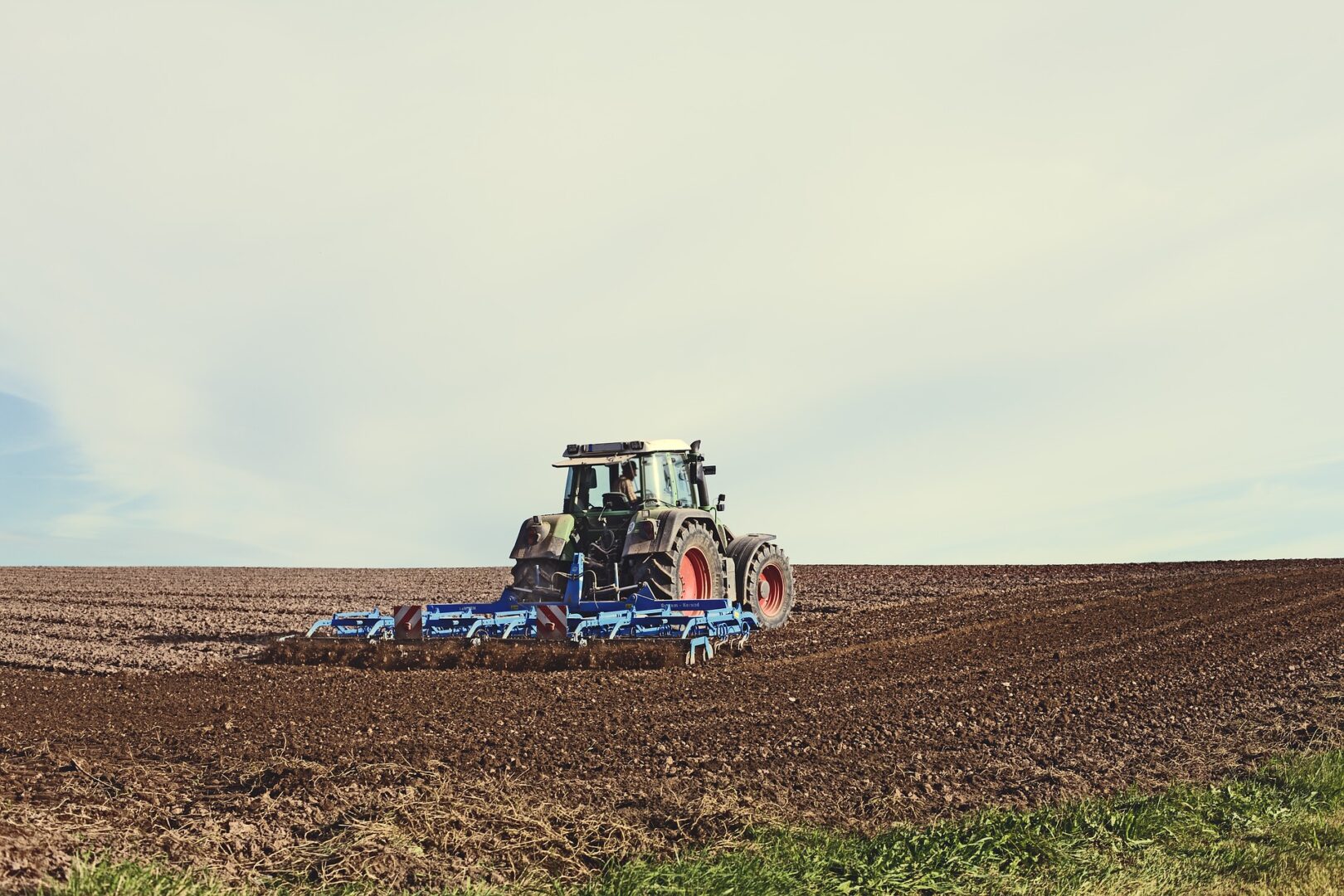
Blowing Dust
In areas prone to monsoons or haboobs, blowing dust can be harmful to crops. It can cause problems with plant photosynthesis, respiration, transpiration and may allow the penetration of phytotoxic gaseous pollutants. You may be able to see the effects of excessive dust on the plants themselves and generally there is decreased productivity.
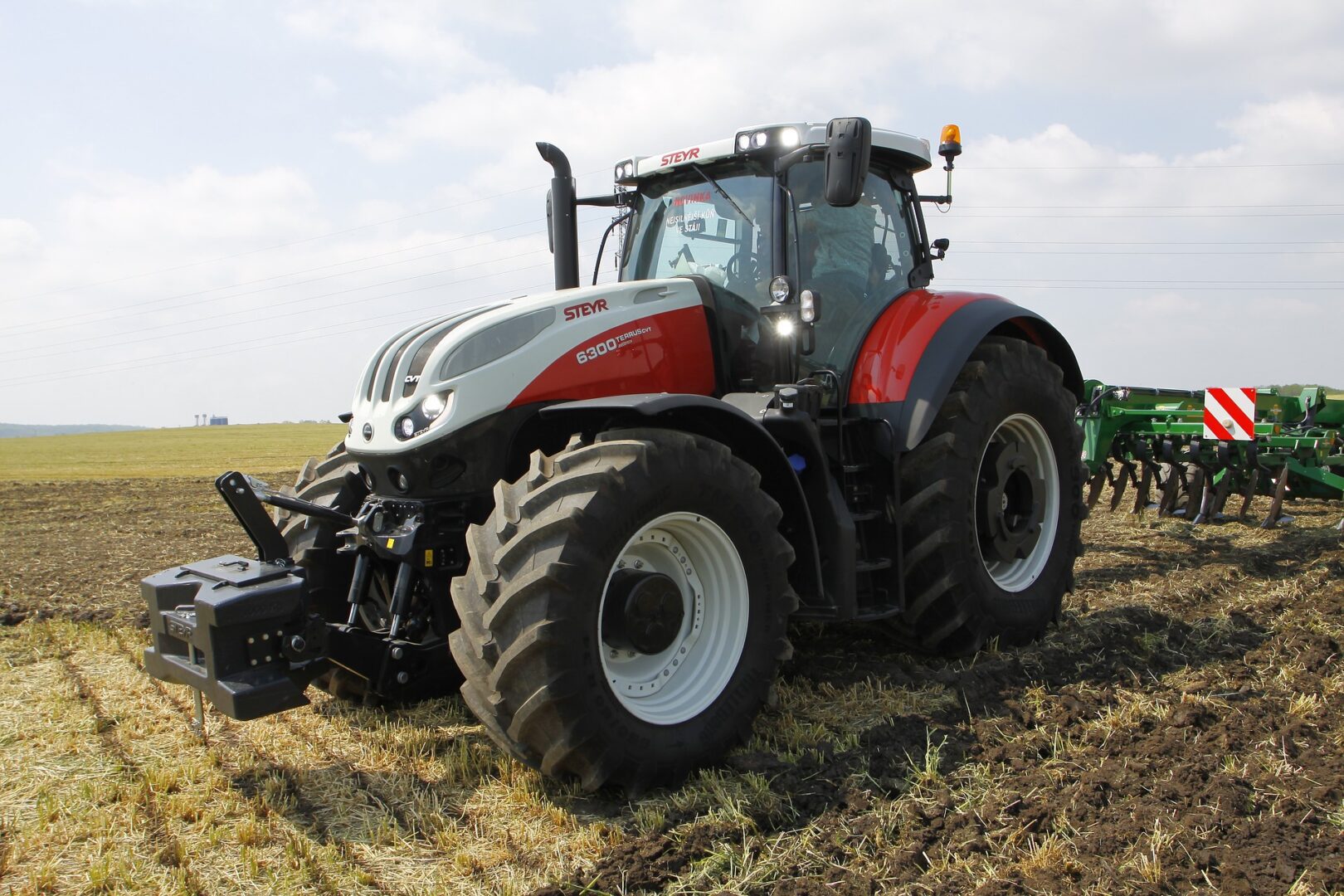
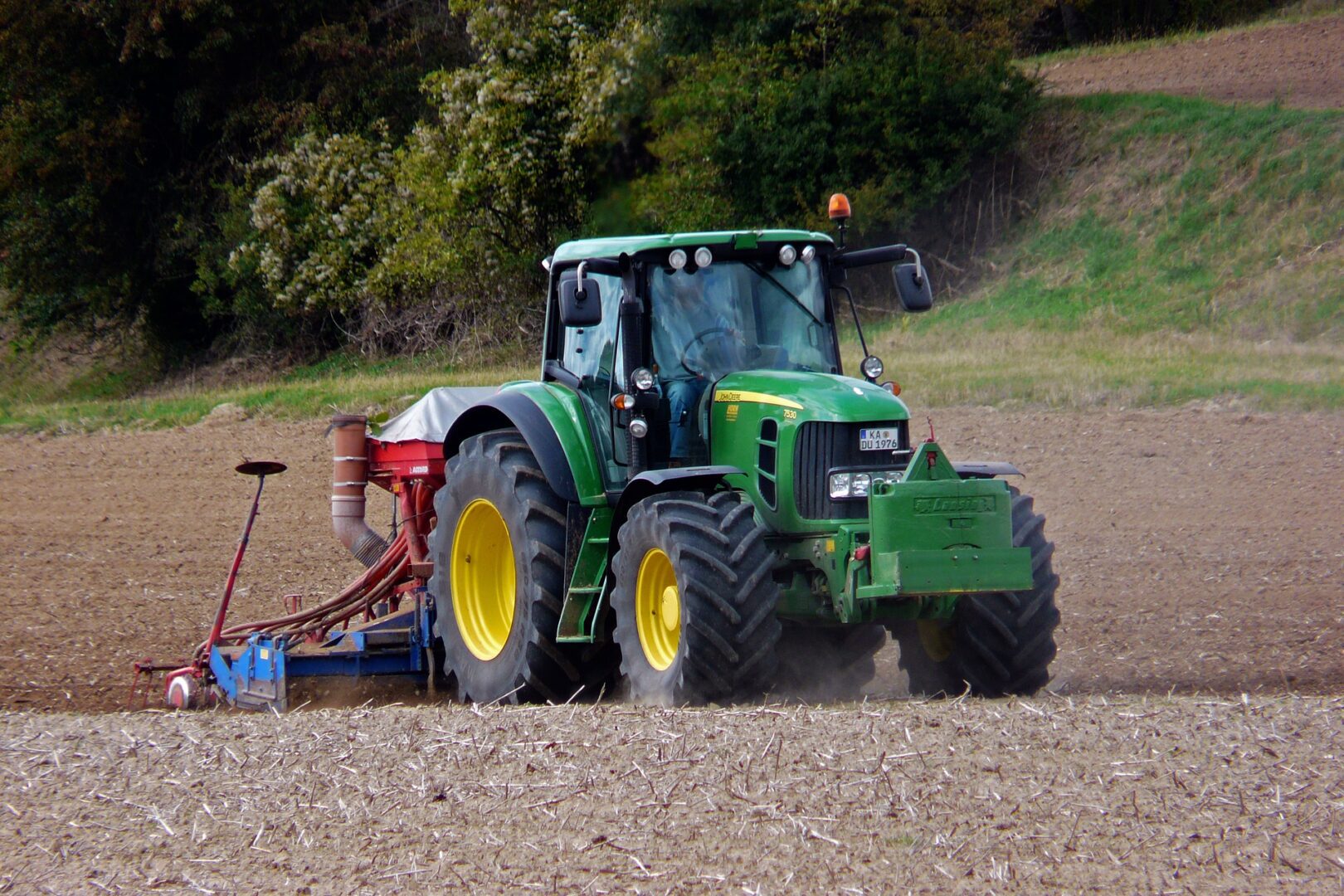
Controlling Damaging Dust
There are several ways to control damaging dust in an agricultural setting:
-
Run A Water Truck
Watering dirt roads, fallow fields, and storage piles will help keep dust from being kicked up into the air. It's especially important to water the ground after plowing or other dust generating activities.
-
Avoid Plowing and Turning Fields On High Wind Days
When high wind warnings are in effect, it might not be a good day to plow. Check the forecast to determine if it is a good time.
-
Use Cover Crops
Cover crops are a good choice for the non-trafficked areas and fallow fields on the farm. Using cover crops to recycle what would normally be waste material helps provide more available nutrients and keeps sandy soils protected.
-
Planting Windbreaks
Trees and shrubs can be planted in key areas to help to block high winds and protect valuable topsoil.
-
Dust Control Products and Equipment
Options for equipment to help with agriculture dust control include dust suppression application trucks that can apply a layer of eco-friendly dust suppressant to the ground, which will help to keep dust from blowing.
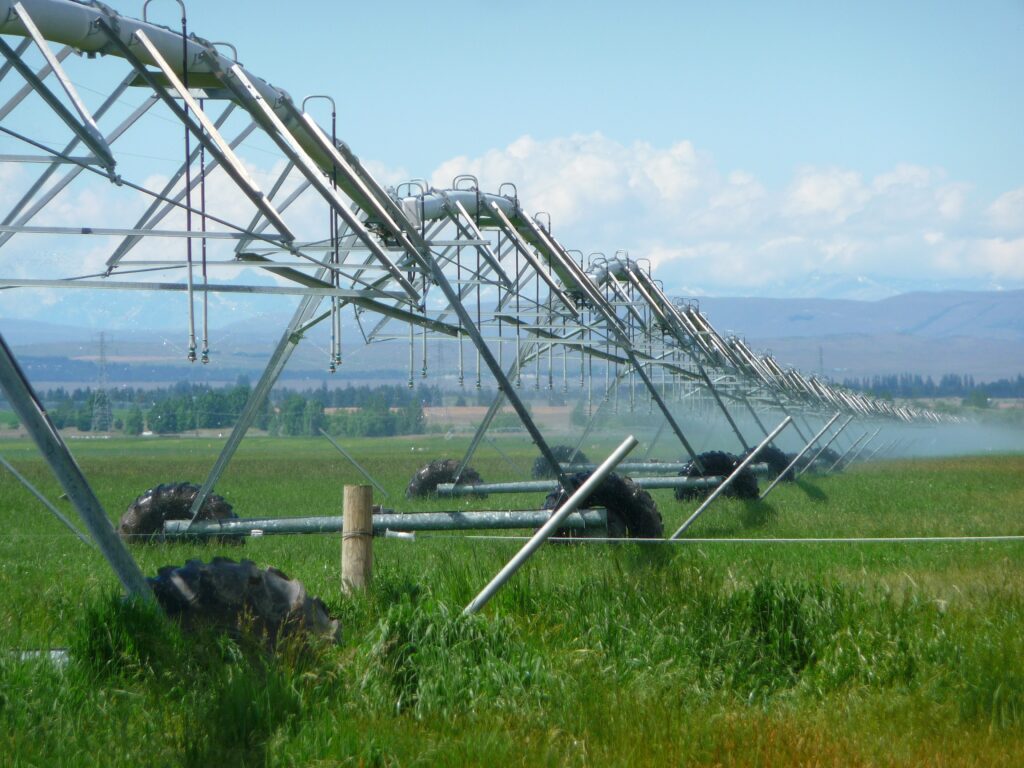
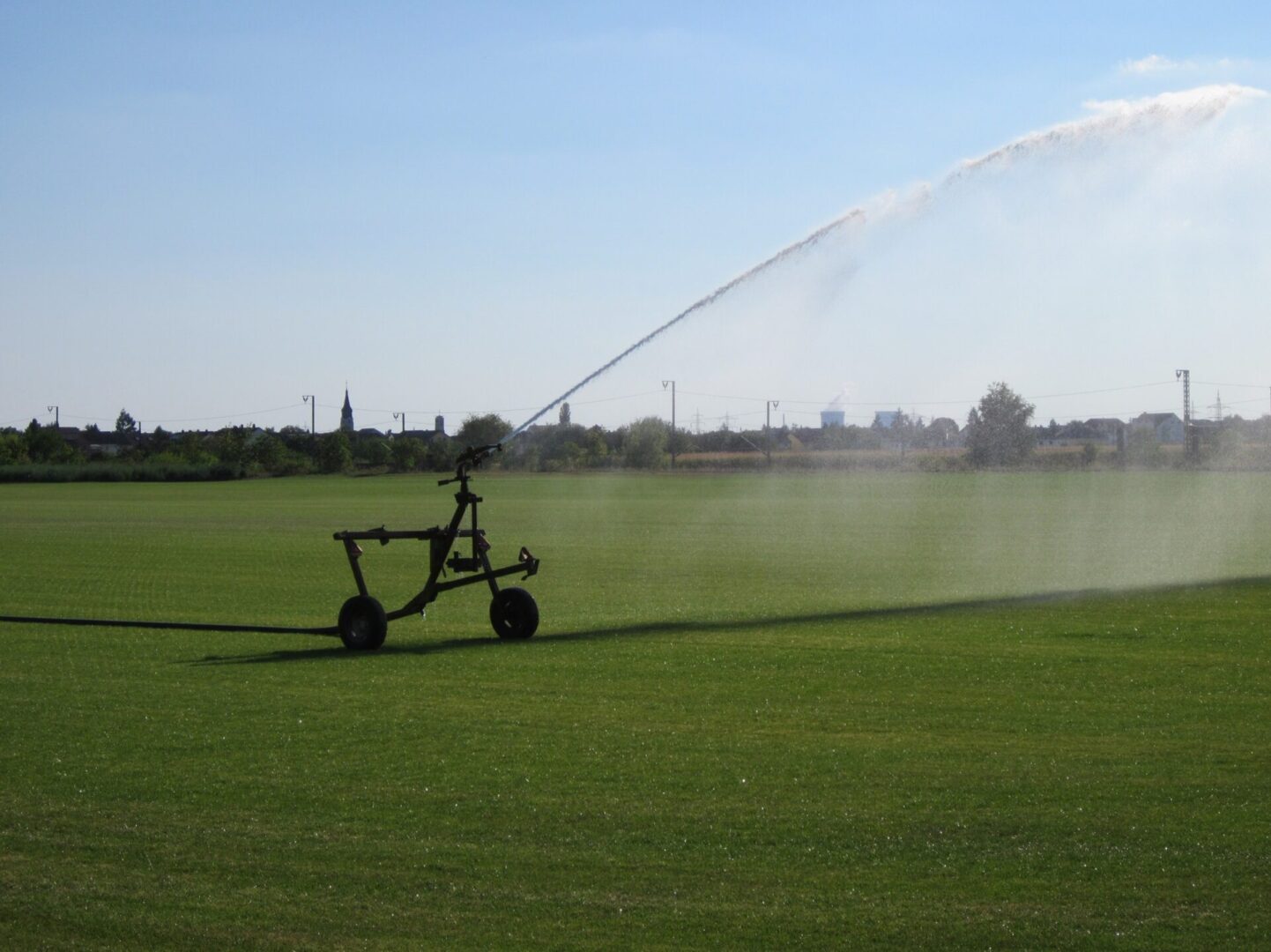
Watering Systems
Using different types of watering systems can help keep fugitive dust from leaving the farm. Types of irrigation / watering systems include:
- Check Basin
- Strip
- Furrow
- Basin
- Surface
- Sprinkler
- Drip
- Center Pivot
- Lateral Move
- Rain
- Fog
- Manual
By following these tips, farmers can enhance the quality of their produce and help to control fugitive dust while improving the quality of the environment.
Desert Mountain Corporation Keeping Roads Safe Since 1990!

